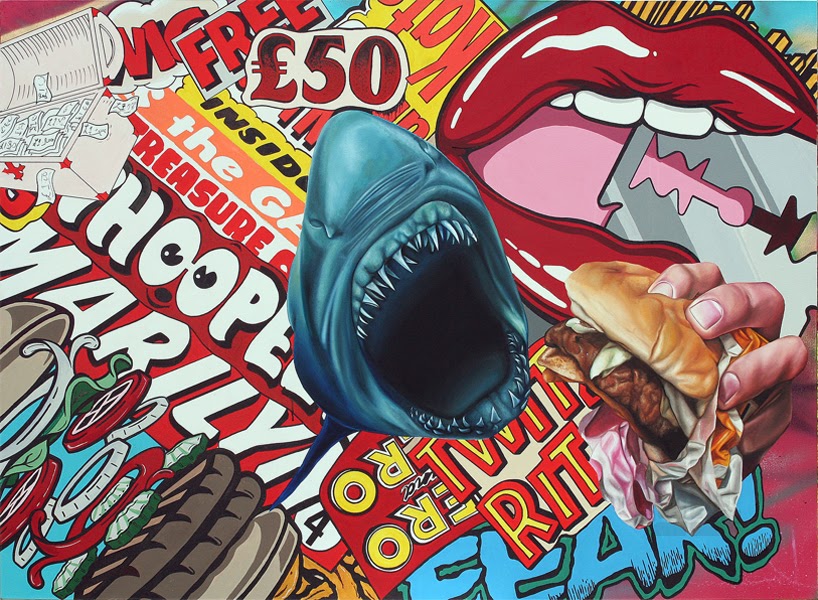Fandoms: One of the Many Toxic Internet Cultures
Doxxing, cancelling and stalking. Are fandoms slowly destroying social media?
Fandoms are a dangerous internet trend.
March 17, 2021
The internet has always been a place for mild and major controversy. With social media influencers, celebrities, political parties, such and such, it’s easy to get caught up in the middle of online arguments. One of the main causes of these fights are fandoms.
A fandom is a group of people who express great admiration of the same celebrity or thing, but at a more excessive rate. For example, people who enjoy Taylor Swift’s music are considered “swifties.” Fandoms can be an amazing way to get to know people who share the same interests with you, but they can also be incredibly damaging, toxic, and might even lead to the downfall of the internet. One effect of having social fandoms is that it emphasizes the idea of cancel culture, or, call-out culture. This is the practice of destroying one’s social platform due to doing things that are deemed as “offensive.” For example, if an influencer slips out a slur or gets caught smoking with a younger audience, they could easily lose their fan base. What does this have to do with fandoms, though? Well, a fandom is typically more than just enjoying one’s content. There’s a fine line between being a fan, and being a part of the fanbase. For example, someone who listens to Taylor Swift’s music from time to time and knows all her albums is a fan, whereas someone who knows her birthday, birthplace and owns loads of merchandise would be considered part of a fanbase (and then there’s the stans..but we’ll get into that later).
Looking up to a content creator or social media star can be damaging to young audiences. If the person they put into the spotlight is exposed for doing something deemed inappropriate, that could ruin someone who genuinely ‘loved,’ that person, especially younger audiences. It’s important to emphasize that we don’t know celebrities, no matter how much we love their acting, music or content. Another reason fandoms are toxic is because fandoms will rush to protect their favorite influencer. An example of this is the TikTok star Zoe Laverne, and her fandom known as “Zonuts.” Laverne has been exposed for several things, including racial slurs and questionable videos. Even after her actions, her fans will go to extreme lengths to protect her. Fans are willing to dox, publicly shame, and do even worse things to protect the creators they’re fans of. The fans are worse than the person themselves.
Lastly, the “stans.” This word has been watered down quite a bit, and is used in a joking way now, but back in its social media prime (during early through mid quarantine 2020) it was used in a more serious, and maybe even concerning tone. The word “stan,” is a combination of the word “stalker,” and “fan.” It is used to describe someone who is overly obsessed with a celebrity or influencer. The term was invented and used after Eminem’s song, “Stan.” Stans are overly obsessed, and will go to extreme lengths for their favorite content creators, that could harm themselves, others, and even the creators sometimes.
Of course, there’s nothing wrong with being a fan of someone or something. The problem lies with the idolization that comes with becoming overly-obsessed with a celebrity. Fandoms have their healthy and toxic sides, just like anything else on the internet. However, obsessive fans can cause harm to other people on the internet, themselves, and the influencer at the same time. For the benefit of the internet in general, don’t become too invested in the life of a person that you aren’t even acquainted with (Related: how do these influencers make money?).









